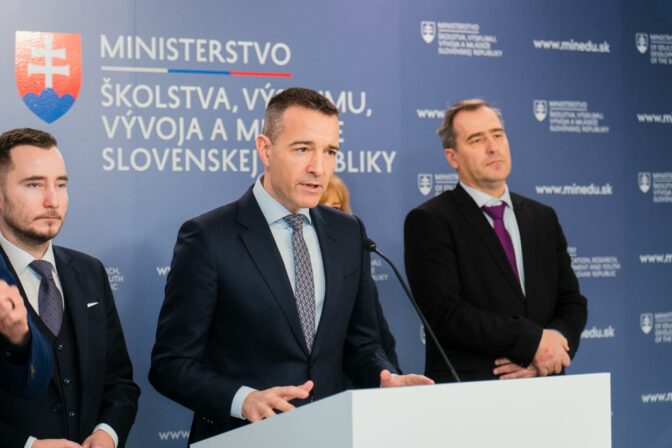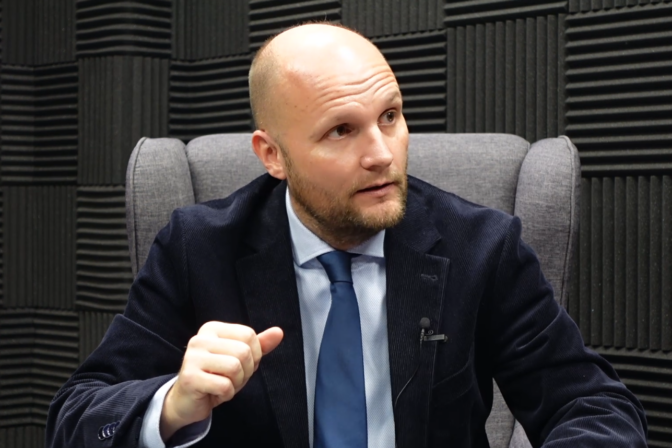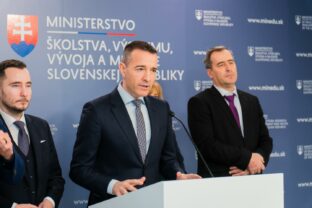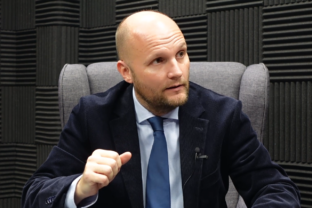BRATISLAVA, October 5, (WEBNOVINY) — The opposition party SMER-SD announced it respects the Constitutional Court’s decision from Wednesday on the contested form of prosecutor general candidate election in parliament. However, when the returns into government, it pledges to change the parliamentary voting on personnel issues from a public vote to a secret ballot, as it is the most democratic way. SMER-SD leader Robert Fico told journalists on Wednesday that his party has been contesting the open vote since the beginning as it perceives it as a kind of control over ruling coalition MPs who were unable to pick the new prosecutor general in a secret ballot.
The decision of the Constitutional Court does not however change SMER-SD’s opinion on election and person of the prosecutor general. “The election was manipulated and coalition deputies were blackmailing each other. We consider Jozef Centes exclusively a nominee of the coalition, which will seriously harm the Prosecutor General Office while the justice minister will have strong influence on him.
The Constitutional Court has ruled earlier on Wednesday that parliament can elect a candidate for the post of prosecutor general both in a public vote or a secret ballot. The court was examining whether the May amendment to the law on parliamentary standing order, which scrapped the obligatory secret ballot to elect a candidate for the post of prosecutor general in parliament and introduced the option of a public vote was in line with the Slovak Constitution. The court has ruled that both forms are in line with the constitution. The Constitutional Court thus did not accept the motion filed by acting prosecutor general and a group of thirty-five opposition deputies who contested the vote in court.
Centes still needs to be appointed to office by President Ivan Gasparovic, who has announced that he will wait for the decision of the Constitutional Court about the contested constitutionality of the parliamentary standing order.
Centes was elected a candidate for prosecutor general by the ruling coalition in a secret ballot on June 17. A month before that the coalition endorsed an amendment to the parliamentary rules of procedure, enacting the possibility to hold a public vote in the next election of the prosecutor general candidate. The change was made because the coalition feared that ex-Prosecutor General Dobroslav Trnka whose term expired in February could be re-elected. At one of the previous attempts to elect the prosecutor general in a secret ballot, Trnka was a mere one vote short of being reelected to the post winning also two or three coalition votes. At the next secret vote coalition MPs took photos of their ballots and showed them to each other to prove they did not vote for Trnka but for Centes. The Constitutional Court however ruled that such behavior thwarted the secret ballot and infringed rights of one of the candidates, Dobroslav Trnka and ordered to repeat the secret ballot. Therefore the coalition proposed to change the secret ballot vote to a public vote. Nevertheless, Centes was elected in a secret ballot with 79 votes of eighty present deputies in the 150-member Slovak Parliament.
SITA












